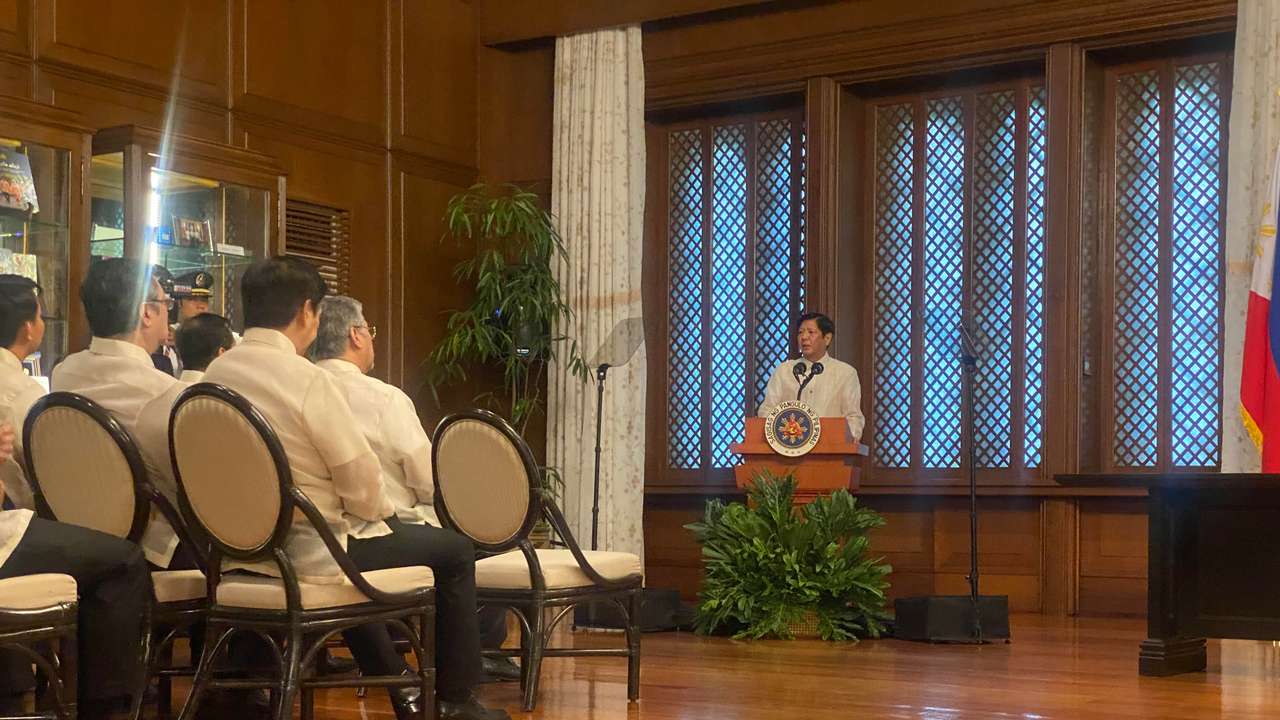Philippines’ Supreme Court rejects case involving Marcos' alleged ill-gotten wealth

The dismissal of the Republic of the Philippines' complaint seeking the recovery of an alleged P41 billion in ill-gotten recovery costs, which implicated business tycoon Lucio Tan, has been affirmed by the Philippines’ Supreme Court.
In a decision dated October 3, 2023, the court en banc rejected the Republic's petition for review on certiorari, citing a lack of merit.
The complaint, filed before the Sandiganbayan in 1987 as Civil Case No. 005, pertained to shares of stocks valued at P41.058 billion, as estimated by the Presidential Commission on Good Government in 2020. Respondents in the case included former President Ferdinand Marcos, Sr., his wife Imelda, their son President Ferdinand Marcos, Jr., and daughters Sen. Imee Marcos and Irene Araneta, among others.
The Sandiganbayan had initially dismissed the complaint on June 11, 2012, stating that the Republic failed to prove the assets were ill-gotten wealth since there was no evidence demonstrating their origin from government resources.
The Supreme Court's decision emphasized that the testimony of Marcos Jr. on August 21, 2007, and February 13, 2018, used by the Republic to support allegations against Marcos Sr. in connection with Tan, was deemed hearsay. Marcos Jr.'s testimony detailed purported meetings with his father and the tycoon regarding the Marcoses' alleged interest in Tan's businesses.
However, the court highlighted that Marcos Jr. lacked personal knowledge of the claimed 60-40 business arrangement or share transfers among the involved corporations.
“Thus the court finds that Marcos, Jr.’s testimony is hearsay and may not be used to prove the truth of the facts asserted,” the Supreme Court said in the en banc decision penned by Associate Justice Rodil Zalameda.
The affidavit of Rolando Gapud, purportedly serving as the financial executor for Marcos Sr. and Imelda, was rejected on the grounds of hearsay.
Despite the Republic's claim that former PCGG Chairman Jovito Salonga personally obtained Gapud's affidavit, his statement is deemed inadmissible due to its hearsay nature.
The Supreme Court observed that a significant portion of the documentary evidence pertaining to companies like Fortune Tobacco, Allied Bank, and other holding firms consisted solely of duplicates of private documents.